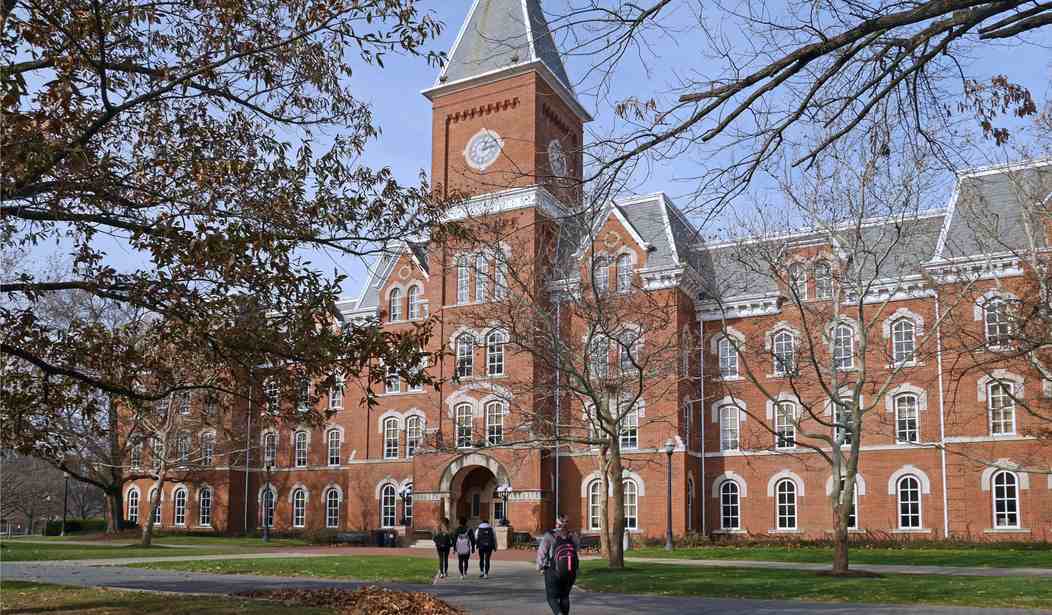A study by a University of North Texas professor has discovered that members of the National Rifle Association (NRA) are the most likely to be discriminated against if they apply for a job in academia.
Findings of the study were published in the new book “Compromising Scholarship: Political Bias in Higher Education” by George Yancey, who teaches undergraduate sociology classes on race relations and religious tolerance at the University of North Texas.
The goal of his research, Yancey tells PJ Media, was to investigate possible hiring discrimination. Because finding clear incidents of this is difficult, Yancey indirectly assessed this — by asking professors their thoughts on certain political groups.
“Assume that your faculty is hiring a new professor,” began his survey, taken by 435 sociology professors in the United States. “If you were able to learn of [their political group memberships], would that make you more or less likely to support their hire?”
Political groups listed in the survey included Communist, Libertarian, Green Party, Republican, NRA, ACLU, and Democrat. To confuse professors about the true aim of the survey, Yancey also included groups such as vegetarians and single parents.
Of all political affiliations, NRA membership was ranked as the most likely to hurt an aspiring professor’s chance of getting hired, with 41.2 percent conceding that it would “damage” an applicant’s chance of getting hired.
NRA members fared even worse than Republicans. Only 28.7 percent of professors indicated that Republican Party membership would damage a candidate’s chance of being hired, according to Yancey’s research.
Yancy suspects that NRA members are more marginalized in academics because “NRA membership denotes a more conservative brand of Republicanism,” he tells PJ Media.
“Someone may be a moderate Republican which can be seen as acceptable but I suspect that academics envision individuals in the NRA as being on the far right.”
Meat hunters, evangelicals, and fundamentalists also are less likely to be hired, Yancey found.
“My work here… has moved me to thinking that anti-discrimination programs should focus on our national propensity to discrimination rather than focus on non-discrimination of protected classes. We all tend to have groups we have prejudice towards.”
For professors hoping to get hired, Yancey has some advice.
Aspiring professors “who are members of the Democratic Party and the ACLU should trumpet those facts during their interviews. Those who are conservative religious and politically should hide,” he explained.
While Yancy glosses over this in his book, it isn’t just political conservatives who are viewed negatively. Roughly 20 percent of professors said they view members of the Libertarian Party negatively, while virtually none view it as beneficial.
“The information in this research indicates that revealing one’s political and religious conservatism will, on average, negatively influence about half of the academic search committee,” he concludes.
“Compromising Scholarship: Political and Religious Bias in Higher Education” was published by Baylor University Press. More of Professor Yancey’s research, including his books and upcoming events, can be found here.
Follow the author of this article on Twitter: @Toni_Airaksinen.










Join the conversation as a VIP Member